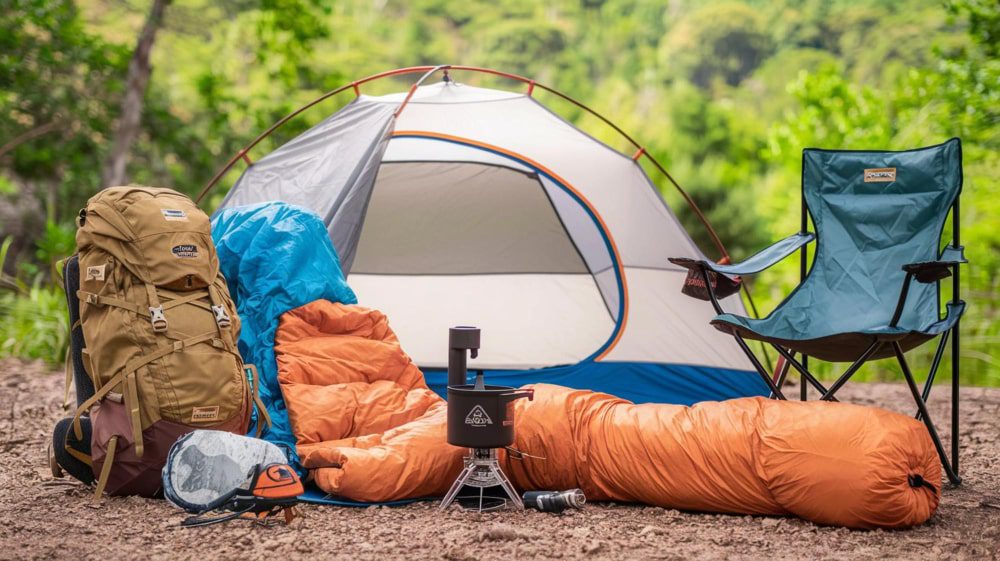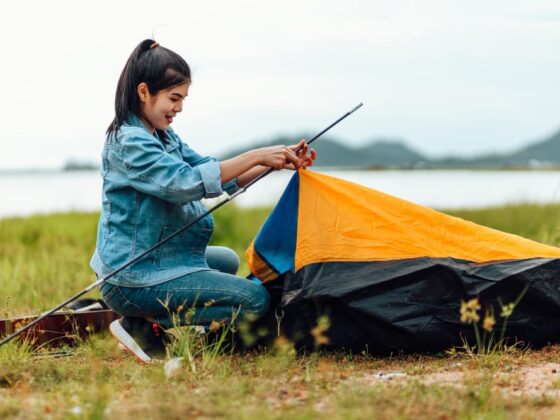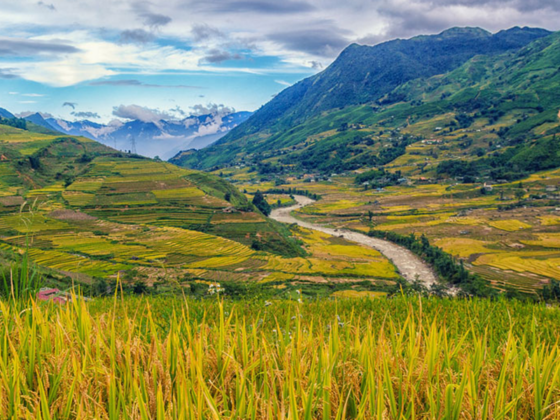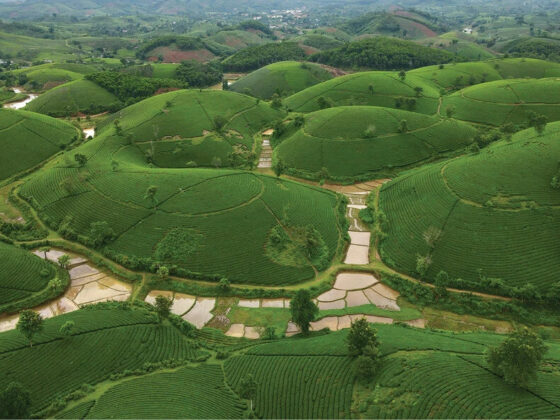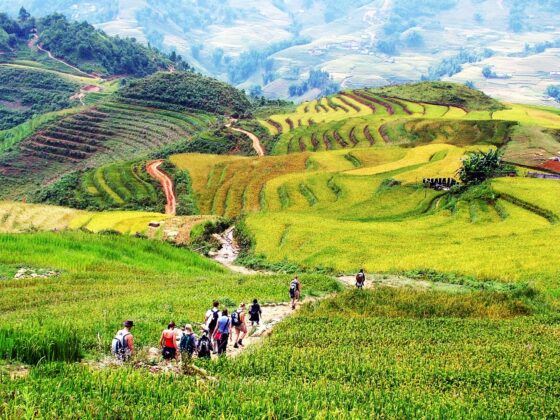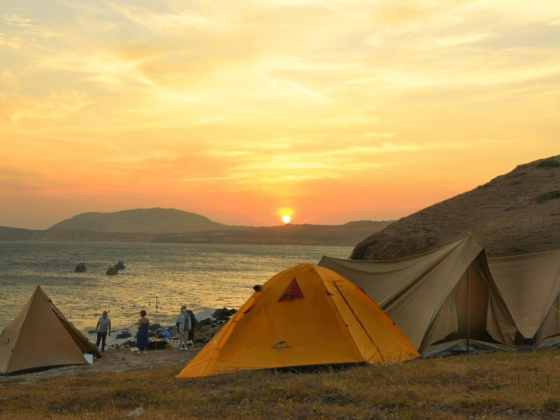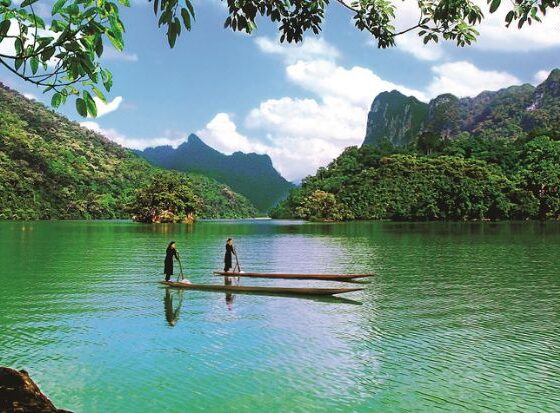Table of Contents Show
✍️ AI is summarizing:
Camping is one of life’s greatest pleasures, offering a chance to escape the hustle and bustle of daily life and immerse yourself in nature. However, figuring out what to pack for camping can be overwhelming—especially when you’re unsure what’s essential and what’s not.
After numerous trips and a bit of trial and error, I’ve compiled a list of must-have gear and things you can safely leave at home. This guide will help you pack smart and light for your next adventure.
Related post:
- Farmstay Camping Vietnam: The Ultimate Guide to Beach, Mountain, and National Park Camping
- 5 Genius Camping Food Hacks to Make Your Trip Easier
- Camping with Pets in Vietnam: A Guide for Adventurous Souls
Must-have items: What to pack for camping
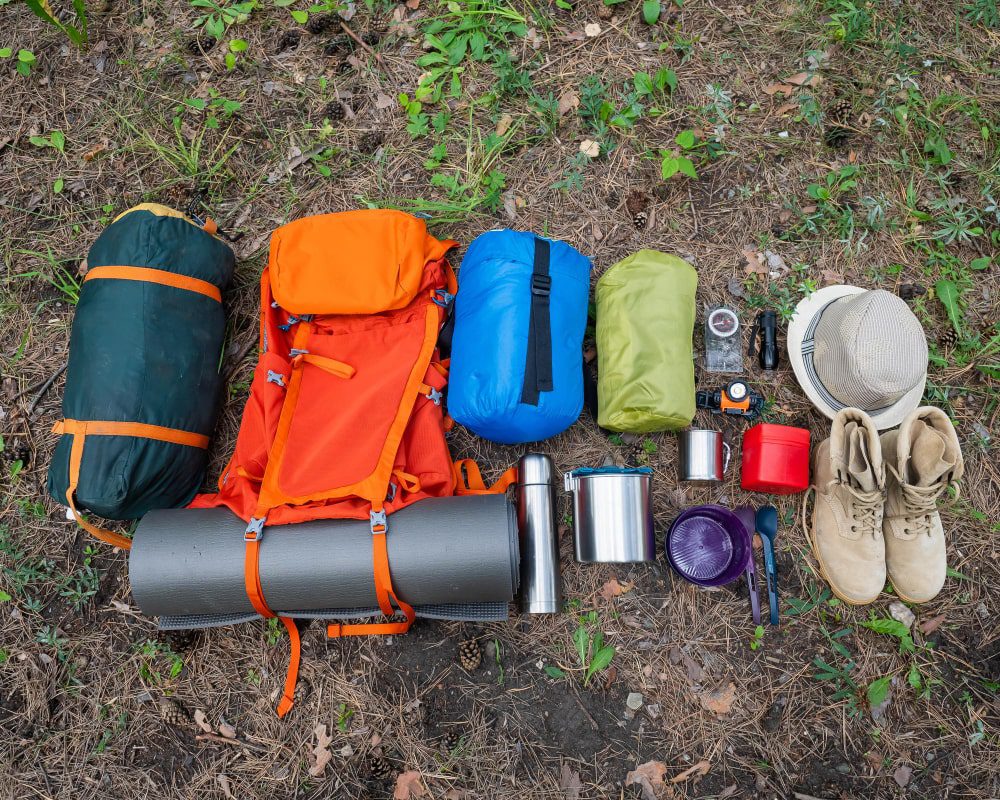
When deciding what to pack for camping, focus on compact, multi-functional essentials. From a versatile neck buff to a head torch and a compact gas stove, these small items can make a big difference, keeping your load light while maximizing comfort and convenience.
- Neck Buff: You might not think of a neck buff when considering what to pack for camping, but it’s a surprisingly versatile item. Use it as a hat, sweatband, or even to wipe off dew from your tent. It’s lightweight, multifunctional, and worth the space in your bag.
- Compact Gas Stove: If you want to enjoy hot meals while camping, a compact gas stove is a necessity. It allows you to cook more than just cold snacks, giving you the comfort of a warm meal after a long day on the trails. Nothing beats waking up to a hot cup of coffee or cooking a delicious dinner under the stars.
- Head Torch: Forget the bulky lanterns—opt for a head torch when thinking about what to pack for camping. It’s practical, space-saving, and provides hands-free lighting when cooking or navigating your tent at night.
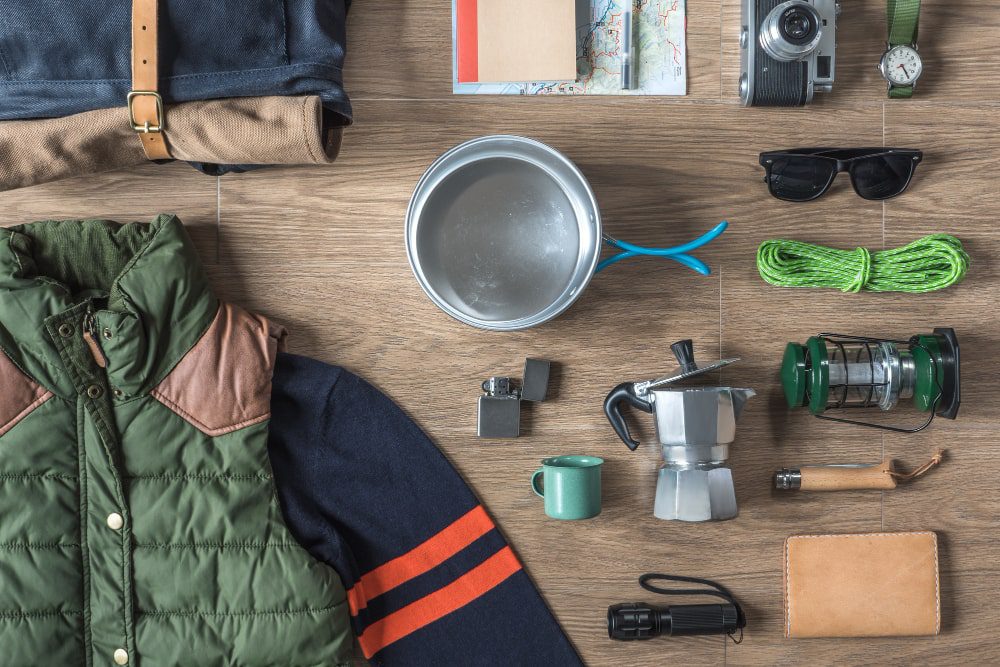
- Water Purifier: Staying hydrated is crucial when you’re out in the wilderness, and a water purifier is a game changer. If you’re camping near lakes or streams, a portable filter allows you to convert dirty water into safe drinking water. This not only lightens your load by reducing the amount of water you need to carry but also ensures you have access to hydration throughout your trip.
- Camp Pillow: Don’t underestimate the value of a good night’s sleep. A camp pillow may take up a bit of space, but its comfort is worth it. It provides a cozy place for your head, making it easier to rest after a long day of hiking. Trust me, you’ll appreciate the comfort over using your rucksack as a pillow.
- Sleeping Mat: While inflatable mattresses are tempting, a compact sleeping mat is the smarter choice for backpackers. When narrowing down what to pack for camping, prioritize comfort and insulation without the bulk.
Lightweight choices: What not to pack for camping
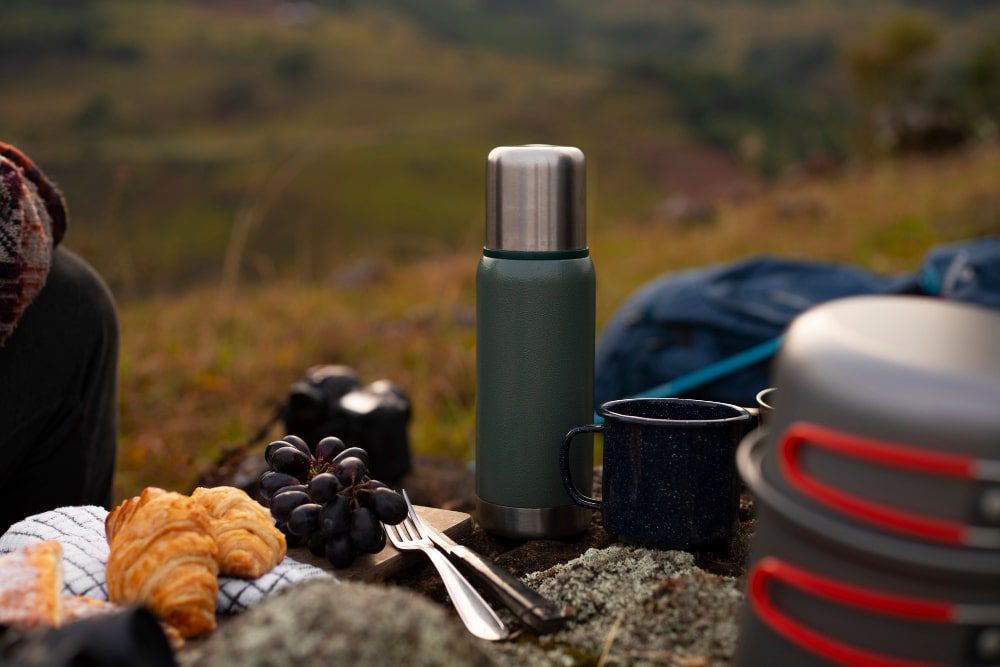
When refining your list of what to pack for camping, it’s just as important to know what to leave behind. Ditch bulky gear like camping chairs, hiking boots, and extra clothing in favor of smarter, lighter alternatives that keep your pack efficient and your trip stress-free.
- Camping Chair: While camping chairs are comfortable for lounging, they can add unnecessary weight to your pack. If you’re hiking long distances, consider leaving the chair at home and opting for a lightweight alternative, like a compact sitting pad.
- Hiking Boots: Traditional hiking boots can be overkill for moderate trails. Instead of putting them on your list of what to pack for camping, try trail running shoes—they’re lighter and often just as capable.
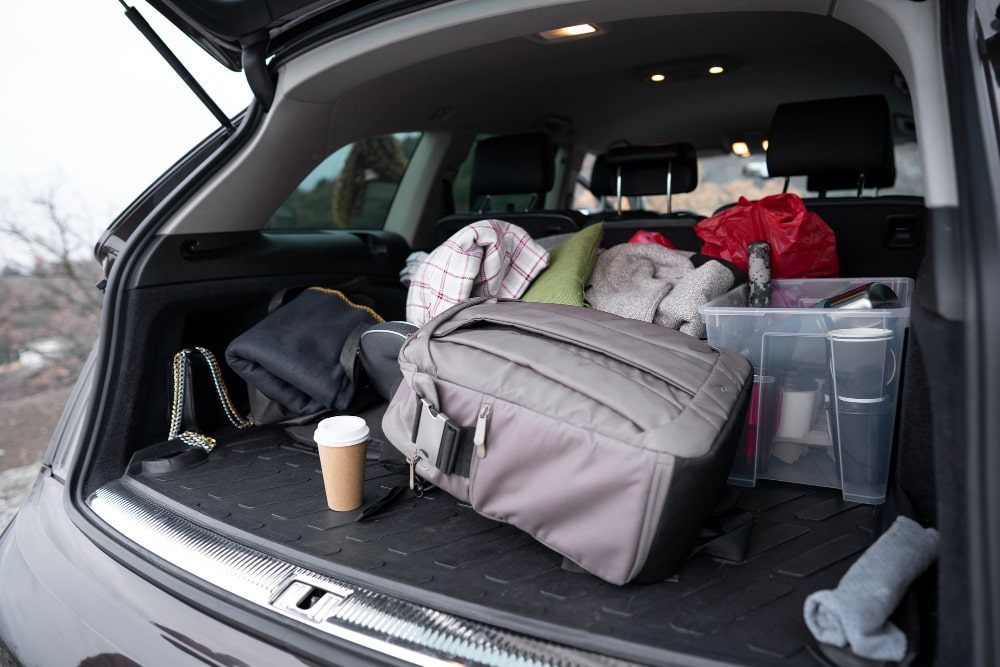
- Waterproof Rucksack Cover: While these covers can offer some protection, they often fail to keep your pack completely dry. Instead, consider using a pack liner or even a simple trash bag to keep your gear safe from rain while saving space and weight.
- Excess Clothing: Overpacking clothes is a classic mistake. For a smart approach to what to pack for camping, bring versatile layers and just enough to keep clean and warm. Less is more.
- Flashlight: Since you’ll have a head torch, there’s no need to pack a flashlight. The hands-free capability of a head torch makes it far more useful for camping tasks.
Conclusion
Packing for your camping trip doesn’t have to be a guessing game. With this guide to what to pack for camping, you can focus on the essentials, leave the rest behind, and head into nature with confidence. Travel light, sleep tight, and soak in every moment of your outdoor escape. Follow ExoTrails on Facebook for your daily dose of travel inspiration and tips.

